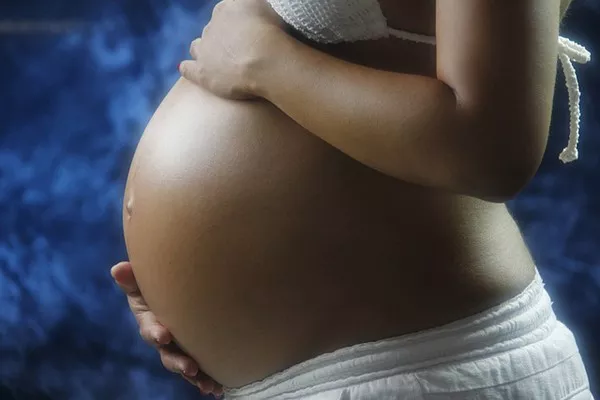A recent study published in BMC Pregnancy and Childbirth has provided reassuring findings regarding the effects of asymptomatic or mild COVID-19 infections on early pregnancy outcomes among women undergoing frozen embryo transfer.
Study Overview
Researchers, led by Dr. Yiling Ko from the International Peace Maternity and Child Health Hospital, Shanghai Jiao Tong University School of Medicine, conducted a retrospective analysis involving 709 cases of women who underwent frozen embryo transfer between October 2022 and January 2023 in Shanghai. This period coincided with a significant surge in COVID-19 infections.
Key Findings
Infection Rates: Approximately 78.28% of the women in the study population were infected with COVID-19 around the time of their frozen embryo transfer.
Pregnancy Outcomes: The study evaluated ongoing pregnancy rates, biochemical pregnancy rates, clinical pregnancy rates, and early spontaneous abortion rates across different groups:
No Significant Differences: There were no significant differences observed in ongoing, biochemical, and clinical pregnancy rates between uninfected women and those infected with COVID-19 at various timings relative to embryo transfer.
Early Spontaneous Abortion: Rates did not vary significantly among the groups studied.
Adjustments for Factors: Factors such as age at oocyte collection, type of embryo transferred (blastocyst vs. cleavage stage), and number of embryos transferred were found to influence ongoing pregnancy rates, but not COVID-19 infection status.
Conclusion
The findings suggest that asymptomatic or mild COVID-19 infections occurring around the time of frozen embryo transfer do not significantly impact early pregnancy outcomes. Therefore, the researchers conclude that there may not be a necessity for individuals to delay their pregnancy plans solely due to concerns about asymptomatic or mild COVID-19 infections.
Implications
These results provide valuable insights for clinicians and patients navigating assisted reproductive therapies during ongoing COVID-19 challenges. It underscores the importance of considering individual circumstances and risks when making decisions about fertility treatments amidst infectious disease outbreaks.

